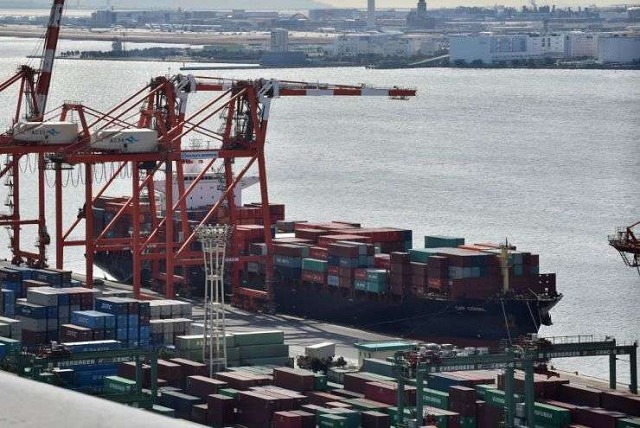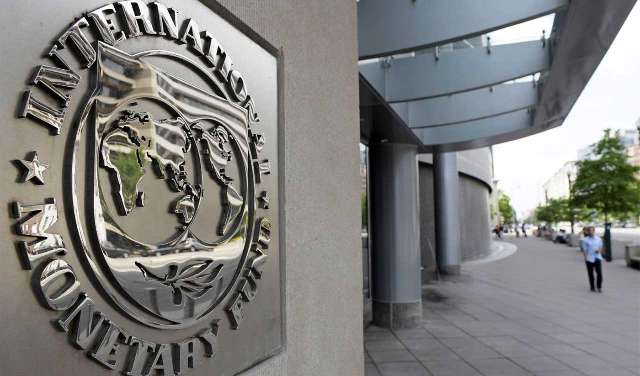Japan’s exports fell in September for the first time since 2016 as shipments to the United States and China declined, adding to concerns about the broadening impact of an escalating Sino-U.S. trade war.
The data comes days after a Reuters poll showed a third of Japanese companies have been affected by the trade conflict between the world’s two biggest economies with firms fretting about slower Chinese demand.
Japanese policymakers also worry about the overall economic impact of the international trade tensions. A powerful typhoon that hit Japan last month has added to the strain on factories, disrupting output and physical distribution.
Ministry of Finance (MOF) data out on Thursday showed Japanese exports fell 1.2 percent in September from a year earlier, against a 1.9 percent increase expected by economists in a Reuters poll, following a 6.6 percent gain in August.
It was the first decline since November 2016.
“The continued weakness in exports in September suggests that economic activity may have stagnated in Q3,” Marcel Thieliant, senior Japan economist at Capital Economics, said in a note to clients.
Japan’s exports to the United States declined 0.2 percent in the year to September, dragged down by falling shipments of construction and mining machinery, auto parts and medicines.
U.S.-bound auto exports amounted to some 143,000 cars, down 7.0 percent in a snapback from the previous year’s brisk shipments.
Imports from the United States rose 3.1 percent in September, led by crude oil, liquefied petroleum gas, helping reduce Japan’s trade surplus with the United States by 4.0 percent year-on-year to 590 billion yen ($5.24 billion).
The U.S. Trade Representative’s office told Congress on Tuesday it would open trade talks with Japan, describing the country as an important yet underperforming market for U.S. exports.
Tokyo and Washington last month agreed to start trade talks in an arrangement that, for now, avoids the worst-case scenario of an imminent 25 percent tariff on cars.
Trump has made clear he is unhappy with Japan’s $69 billion trade surplus with the United States – nearly two-thirds of it from auto exports – and wants a two-way agreement to address it.
Tokyo pushed back on a straight bilateral Free Trade Agreement (FTA) that Washington had sought, fearing it could put Japan under pressure to open politically sensitive sectors such as agriculture.
Thursday’s trade data showed exports to China, Japan’s biggest trading partner, fell 1.7 percent in the year to September, the first decline in seven months, dragged down by semiconductor production equipment.
Shipments to Asia, which account for more than half of Japan’s overall exports, rose 0.9 percent.
Overall imports rose 7.0 percent in the year to September, versus the median estimate for a 13.7 percent annual increase.
The trade balance was surplus of 139.6 billion yen, compared with the median estimate for a shortfall of 50.0 billion yen.
















